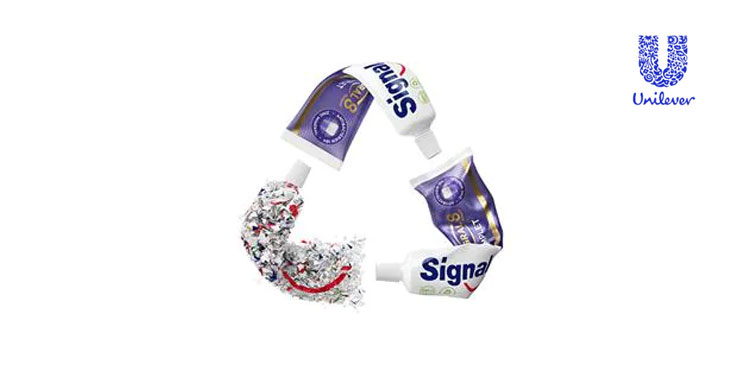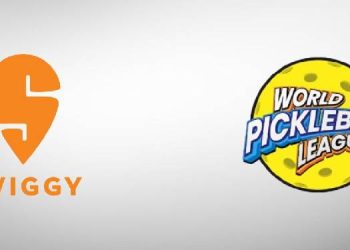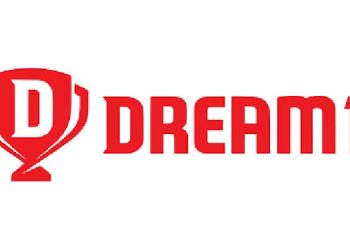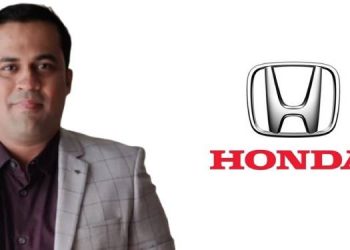International: After four years of development, the recyclable tubes will be available later this year in two of Unilever’s biggest oral care markets: France and India. First launching in France with the company’s leading oral care brand Signal, the new tubes will be rolled out across its biggest range, Integral 8, which represents over a third (35%) of Unilever’s toothpaste portfolio in the country.
Traditionally, most toothpaste tubes are made from a combination of plastic and aluminium, which gives the packaging its flexibility but also makes it difficult to recycle. Instead of aluminium, the new tubes will use a material made mostly of High-Density Polyethylene (HDPE), which is one of the most widely recyclable plastics globally. It will also be the thinnest plastic material available on the toothpaste market at 220-microns, which will reduce the amount of plastic needed for each tube. To encourage wider industry change, the innovation will be made available for other companies to adopt.
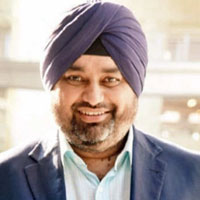
Samir Singh, Executive Vice President, Global Skin Cleansing and Oral Care said: “Plastic pollution is undoubtably one of the biggest environmental challenges of our time. We can see its impact on our planet every day, including the billions of toothpaste tubes dumped into landfills every year. That’s why I’m proud of this latest packaging innovation which will see our entire toothpaste portfolio shift to recyclable tubes by 2025. It’s been a long and challenging journey to get to this point, but we hope this transformation will inspire the wider industry to also make the change.”
The design has been approved by RecyClass, which sets the recyclability standard for Europe, as well as laboratories in Asia and North America. Meeting these rigorous requirements mean the new tubes can be recycled within standard HDPE recycling streams.
Unilever’s oral care brands partnered with multiple global packaging manufacturers including EPL (formerly Essel Propack), Amcor, Huhtamaki and Dai Nippon Indonesia (DNPI). In addition, formulation and flavour experts at Unilever were essential throughout the testing process to ensure the new tubes continued to protect the quality and taste of the product.

Babu Cherian, R&D Oral Care Packaging Director at Unilever said: “Recyclable tubes mark a key milestone in our packaging journey and, more significantly, they have the potential to transform the whole oral care industry. Together with our manufacturing partners, we’re making the new design available to any producers interested in adopting the new material, with the ambition to accelerate industry change.”

Alan Conner, Vice President – Europe, EPL (formerly Essel Propack) said: “When it comes to making oral care sustainable, it has been challenging to develop a product that is recyclable without adding extra plastic to the tube. EPL is a global market-leading supplier of toothpaste tubes and is delighted to support this breakthrough innovation representing a major turning point for the oral care industry and is a key first step in reducing plastic waste, enabling consumers to minimise their impact on the planet. Given the size and scale of Unilever, their commitment to convert 100% of its global toothpaste portfolio by 2025 will unquestionably lead others to take action as well.”
To drive further change across the waste management industry, Unilever is working with global recycling organizations to help ensure that the new tubes are collected and recycled. This will be the case in France, where consumers can put the new tubes in their home recycling bin ready to be collected and turned into new products.
This is only the start of Unilever’s oral care journey. Brands including Signal also plan to introduce more PCR (post-consumer recycled) plastic into their recyclable tubes by 2022 in France and other European markets. This will significantly reduce the use of virgin plastic and support the move towards a circular economy.
More broadly, the innovation contributes to Unilever’s commitment to ensure that 100% of its plastic packaging is designed to be reusable, recyclable or compostable, and its ambition to help collect and process more plastic packaging that it sells.

